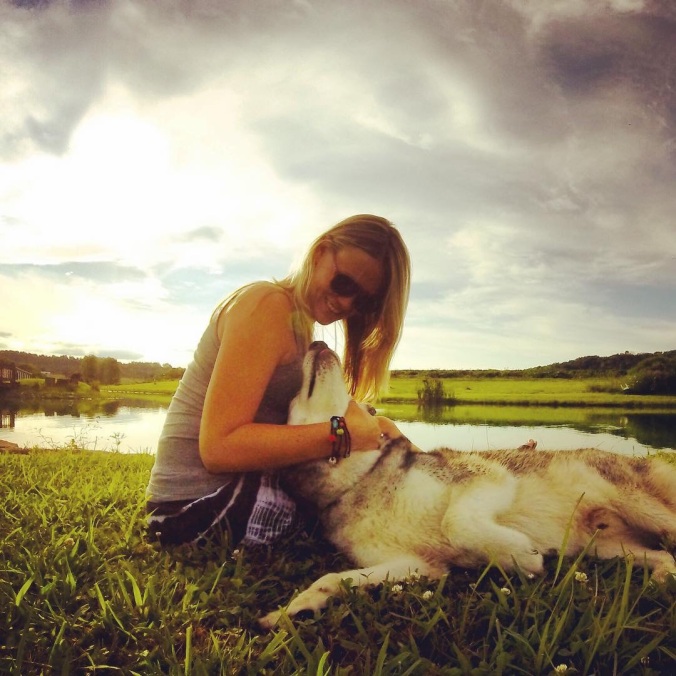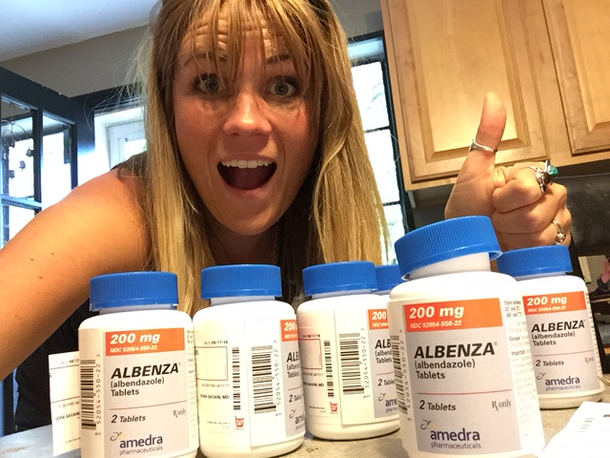
Light. The essence of who we are. It is that vulnerable and life-sustaining heartbeat of our identity. Our little lights shape our perspectives, form our systems of meaning about the world, and drive our dearest dreams and passions.
As a child, my light was evident even when I was very young. I had fantastically supportive parents who supported us each to become all that we were capable of becoming. My light was (and still is) a whirling mixture of unbridled altruism, compassion, and fairness. By about six years old, I was saving all of my money to “save the rainforest.” I created posters, decorated informational brochures and spent quite a bit of my time digging through couch cushions for spare change to fuel the cause. I was burned and driven by how unfair it was that trees and animals could be destroyed for selfish interests. And by six years old I thought, We can do better than this.
It didn’t take me long to realize that, although my parents were never short of all-embracingly supportive, not everyone shared or understood my light. I still remember handing people the colorful posters and some adults smiling that how-sweet-and-how-bizarre-she-isn’t-just-playing-with-the-other-kids kind of smile. I remember how that hurt. I guess that’s because I wasn’t handing them a poster, I was handing them my light, that vulnerable little essence of me. I still remember kids laughing at me in kindergarten or snorting, “Who cares about the rainforest and humpback whales anyway?” It hurts all the same, light smothering does.
As I grew, my passions and causes changed to encompass more child and poverty related endeavors but my light (that essence of me that fueled it all) never changed. Even as an adult not everyone notices, understands, or supports your light. People will laugh at me, interrupt me, make incentive jokes, laugh at other people’s insensitive jokes, tell me it won’t matter anyway, encourage me to “lighten up” (oh the irony), and say things the equivalent to a pat on the head and a “shushing” finger to my lips. Hell sometimes just saying your social worker gets me the Oh my gosh she must have bed bugs expression.
Light smothering.
And you probably know as well as I do… it feels terrible. It’s an attack on that very essence of you, that light of your being that has been with you since you first opened your eyes to this world.
The good news is there are opportunities to notice and nurture light in ourselves and others every day. Every time we notice or nurture the light in someone else, we create an environment of acceptance and safety and their little light shines a little brighter. You don’t have to agree with someone to notice or nurture their light either. Sometimes you will have to look past years of hurt and walls created because of all the light smothering someone has experienced.
Like that 13 year old girl that tells you she isn’t coming to therapy today with a middle finger and a seriously salty attitude. The six year old with a trauma history who destroys the classroom on the first day of school. The guy who cuts you off in traffic then throws a McDonald’s bag of trash out the window. There are times when it’s hard to see the light in others.
Light smothering creates a world full of children and adults who don’t feel safe. A world of people who create armor and walls to protect that little light within them that has been hurt so badly, so many times. The armor and walls can be anything from isolation to outward aggression. When we choose to see people this way though, as the hurt and suffering guards of their light, can change the way we approach and respond to them. It can help us to look all the more carefully and mindfully for opportunities to create spaces where people feel safe to expose their light. Spaces and relationships where people can expose their light to have it noticed, nurtured, and celebrated.
Example
A young boy excitedly brings in a beetle he found outside to his mother. He thinks the beetle is hurt and is very concerned (compassion). Mother can respond in a variety of ways, some light smothering and some light nurturing.
Response 1: Mother shrieks (because she hates insects, especially beetles) and exclaims “Ew honey bring that back outside!” Light smothering.
Response 2: She glances too quickly to even notice the insect cradled in her child’s hands and gives a dismissive “Uh huh. That’s nice. Please get out of the kitchen so I can make dinner.” Light smothering.
Response 3: Mother sees the light in her child, knows his compassion, takes a few breaths and mindfully responds, despite her dislike for insects. She bends down on his eye level puts a hand on his shoulder and says, “Wow, this looks so important to you.” Light noticing. “I can see you really care about the beetle. Let me help you get a box and maybe we can see if it starts feeling better later today.” Light nurturing.
Light noticing and nurturing creates a world of people who feel safe. A world of people who know who they are and grow to become all they are capable of becoming. People who make the world better just by letting their light shine.
So to all you light smotherers out there, stop it. Please just stop it. Know your own light and allow it the space to forgive and heal for all the times it’s been hurt too. And once you have, I invite you to take a deep breath, become mindfully present, and respond through a new perspective.
To all of you who notice and nurture the essence of others every day, thank you. Please know that what you do matters. You make the world better, one little light at a time.
So today… May you be filled with light and love. May you experience goodness, and may you extend more goodness back into the world.
Let your little light shine…
